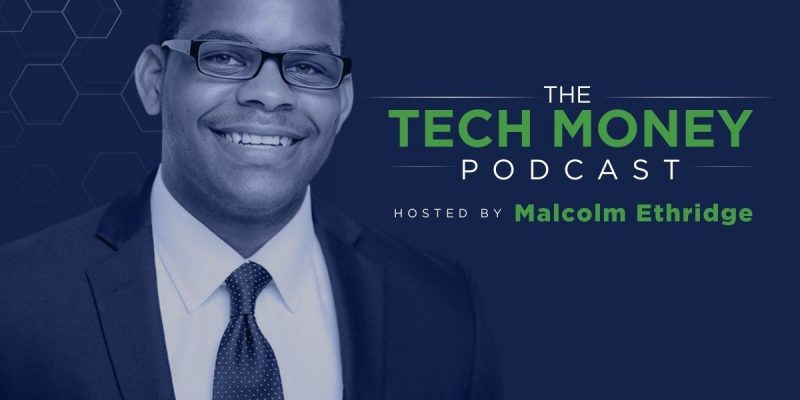If you’ve ever worked for a startup, then you know it can feel a bit like watching paint dry, waiting for the company to reach its light at the end of the tunnel, going public, and allowing you to finally cash in on all of your hard work and contribution. In many cases, it can take more than 10 years. And since the average tour of duty for a mid-level software engineer at a tech startup is just north of two years, it is fair to say not many are sticking around long enough to see the paint finish drying.
But what of their stock options? One of the main drivers of tech workers deciding to go work for untested and unproven startups rather than one of the more established incumbents with all of their fringe benefits, is for the potential financial rewards of getting in early and helping to build something from the ground up.
In this episode, Malcolm Ethridge is joined by Vieje Piauwasdy, Senior Director of Equity Strategy at Secfi to discuss the various solutions out there to provide employees of private companies with the liquidity they need to exercise and take ownership of their shares before an IPO. Malcolm and Vieje share their own experiences counseling startup employees with illiquid shares, as the importance of developing a plan for what to do with those shares long before the company IPOs.
Vieje Piauwasdy discusses:
- Creating a plan to manage your cash flow in the years leading up to an IPO
- The difference between recourse and non-recourse loans
- The value of exercising your stock options early
- The importance of diversification when managing your stock options
- And more
Connect With Vieje Piauwasdy:
Connect With Malcolm Ethridge:
- The Tech Money Podcast
- LinkedIn: Malcolm Ethridge
- Connect with Malcolm
- @MalcolmOnMoney
About Our Guest:
Vieje Piauwasdy is the Senior Director of Equity Strategy at Secfi. As an equity compensation and taxation expert, he guides startup employees through the complexities of private company equity to ensure that no money is left on the table. Prior to joining Secfi, Vieje spent years at PwC, where he specialized in tax reporting and strategy for hedge funds, private equity funds, and asset managers.
Podcast: Play in new window | Download | Embed
